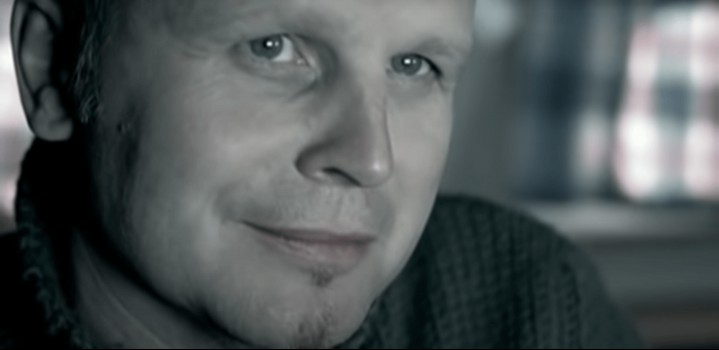There’s nothing like learning the names we give our family members to completely upend your expectations for how language is supposed to work. In English, there’s only one word for cousin. But study enough languages, and you’ll eventually find that it’s not uncommon to have to learn two words to indicate your cousin’s gender. If you study the vocabulary for family in Swedish, you’ll quickly find that the distinction between your maternal and paternal family lineages is extremely ingrained in the Swedish language — perhaps to a degree you’ve never had to think about as a native English speaker.
When it comes to grandparents, grandchildren, aunts, uncles, nieces, and nephews, there are different words for each depending on whether they fall on your mom’s side or your dad’s side (or your daughter’s, or your brother’s). Admittedly, this means you have more words to memorize, but there’s a logic to the nomenclature that will help you easily remember. For instance, the two words for grandson are sonson (lit. “son’s son”) and dotterson (lit. “daughter’s son”). Pretty straightforward, right?
Below, you’ll find our complete vocabulary guide for talking about family in Swedish. You can also hear how each word is pronounced by a native speaker by clicking the audio button.
Essential Vocab For Family In Swedish
a family — en familj
relatives — släktingar
extended family — avlägsna släktingar
ancestors — förfäder
a descendant — en ättling
parents — föräldrar
mother — mamma
father — pappa
children — barn
a daughter — en dotter
a son — en son
siblings — syskon
a brother — en bror
a sister — en syster
stepchild — ett styvbarn
half-brother — en halvbror
foster parents — fosterföräldrar
a guardian — en förmyndare
grandmother — mormor, farmor (maternal, paternal)
grandfather — morfar, farfar (maternal, paternal)
grandson — sonson / dotterson (lit. son’s son / daughter’s son)
granddaughter — dotterdotter / sondotter (lit. daughter’s daughter / son’s daughter)
aunt — faster / moster (paternal / maternal)
uncle — morbror / farbror (maternal / paternal)
nephew — brorson / systerson (lit. brother’s son / sister’s son)
niece — systerdotter / brorsdotter (lit. sister’s daughter / brother’s daughter)
a cousin — en kusin
a second cousin — en syssling
parents-in-law — svärföräldrar





